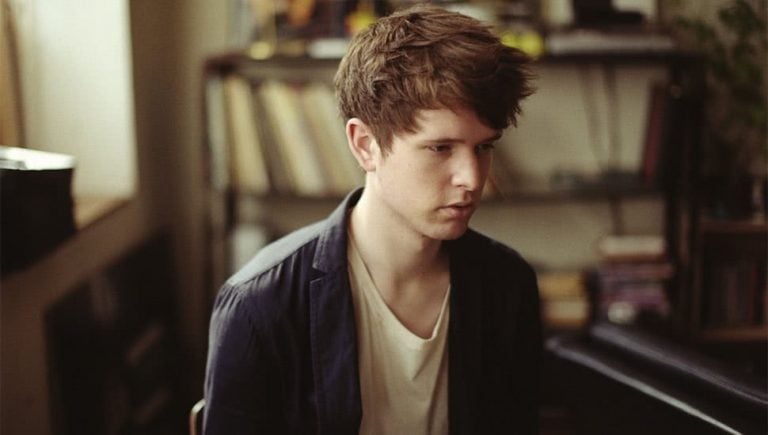English musician James Blake has opened up about the difficulties he has faced in regards to mental health while speaking as part of a panel over the weekend.
As Billboard reports, Blake took part in a panel titled ‘You Got This: Managing the Suicide Crisis in the Arts Population’ at Chapman University in Orange County, California on Sunday. During the discussion, he touched upon a number of issues that were of great importance to him, including an appeal for others to seek help if they are also facing these challenges.
“I was taken away from normal life essentially at an age where I was half-formed,” explained James Blake, who released his first single in 2009 at the age of 21.
Touching on the difficulties of touring, he explained, “your connection to other people becomes surface level. So if you were only in town for one day and someone asked you how you are, you go into the good stuff…which generally doesn’t involve how anxious you feel [or] how depressed you feel.”
“I would say that chemical imbalance due to diet and the deterioration of my health was a huge, huge factor in my depression and eventual suicidal thoughts,” he continued.
“I developed [dietary] intolerances that would lead to existential depression on a daily basis. I would eat a certain thing and then all day I would feel like there was just no point.”

Love Music?
Get your daily dose of metal, rock, indie, pop, and everything else in between.
“There is this myth that you have to be anxious to be creative, that you have to be depressed to be a genius,” he explained. “I can truly say that anxiety has never helped me create. And I’ve watched it destroy my friends’ creative process too.”
Blake explained that he found help through an experimental type of therapy, while also credited his girlfriend for helping him end relationships with people who did not have his best interests at heart. “Honestly, a lot of catharsis just came in telling lots of people to fuck off,” he explained. “And saying no. Saying no to constant touring. No [amount of] money will ever be enough.”
James Blake also noted that he is choosing to speak out now due to the fact that “we’ve reached a critical point” in terms of mental health issues.
“We are the generation that’s watched several other generations of musicians turn to drugs and turn to excess and coping mechanisms that have destroyed them,” he explained. “And there are so many high-profile people recently who’ve taken their own lives. So we, I think, have a responsibility to talk about it and to remove the stigma.”

James Blake made headlines back in May after he explained that those who label his music as being created by a “sad boy” are perpetuating an “unhealthy and problematic” culture.
“I’ve always found that expression to be unhealthy and problematic when used to describe men just openly talking about their feelings,” he wrote in a message on Twitter. “To label it at all, when we don’t ever question women discussing the things they are struggling with, contributes to the ever disastrous historical stigmatisation of men expressing themselves emotionally.”
“We are already in an epidemic of male depression and suicide. We don’t need any further proof that we have hurt men with our questioning of their need to be vulnerable and open.”
“It is only ever a good thing to talk about what is on your mind.”
“Please don’t allow people who fear their own feelings to ever subliminally shame you out of getting anything off your chest, or identifying with music that helps you,” he continued.
“There is no great victory in machismo and bravado in the end. The road to mental health and happiness, which I feel so passionately about, is paved with honesty.”
Please read. I've wanted to say this for a long time, and now seemed as good a time as any. pic.twitter.com/1fSPt7SJnx
— James Blake (@jamesblake) May 26, 2018
Of course, James Blake is not the first musician to speak out in regards to this immensely important topic, with Passion Pit frontman Michael Angelakos hitting out at the music industry last year for what he perceived to be a severe lack of support for those who are struggling.
“I cannot continue to operate in this space, this industry, due to the way that it functions and treats people that work for it or create within it,” he explained. “It does nothing to promote the health required in order to produce the work it sells.”
“People often throw these words around casually as well, but when I say that these requirements have nearly killed me, have killed many people, and continue to kill people; I am not stating a fact. I am speaking from a very real and personal place.”
“I live this, and I watch other artists struggle with the friction between their health and their art.”
If you or somebody you care for needs help or information about depression, suicide, anxiety, or mental health issues, contact Beyond Blue on 1300 22 4636 or Lifeline on 13 11 14.
Check out James Blake’s ‘Retrograde’:


































